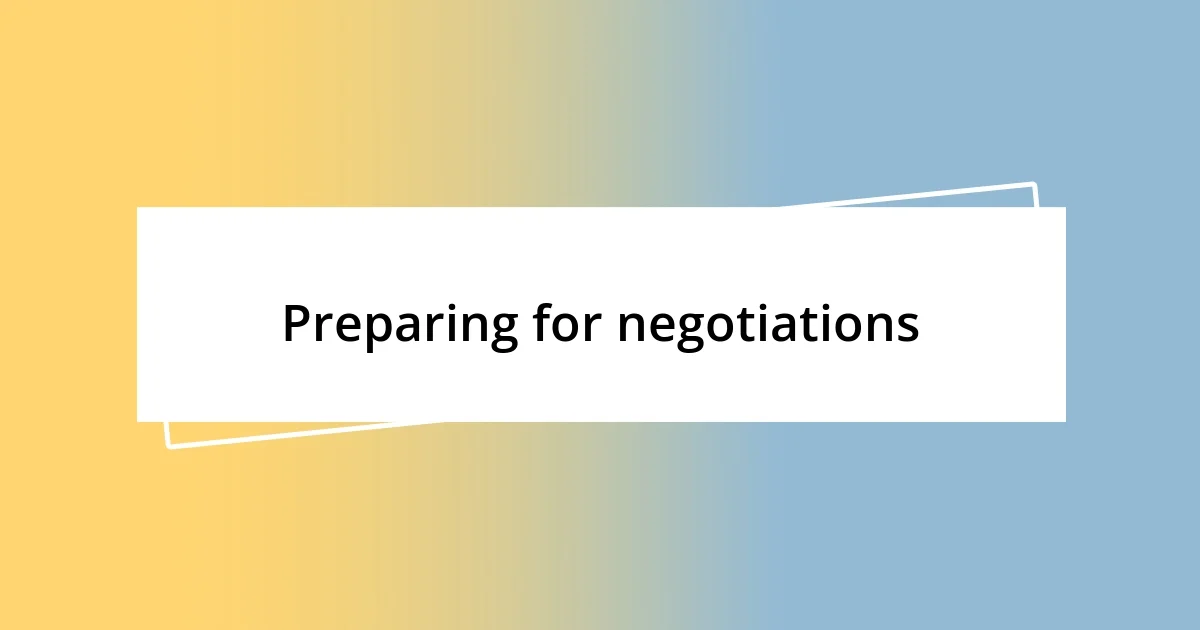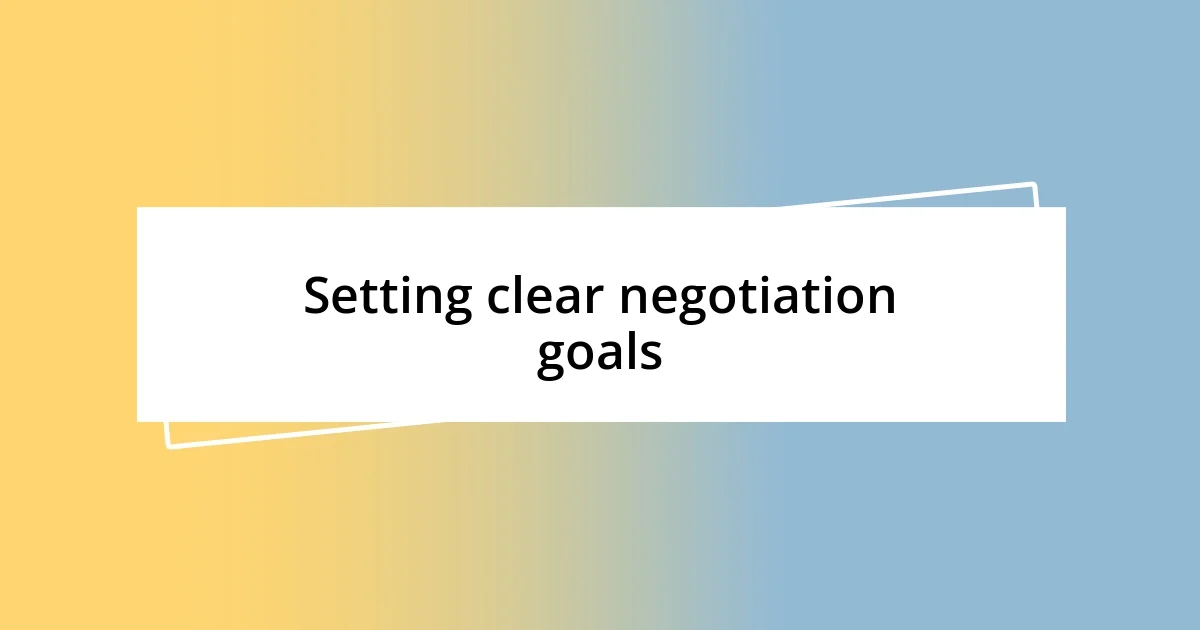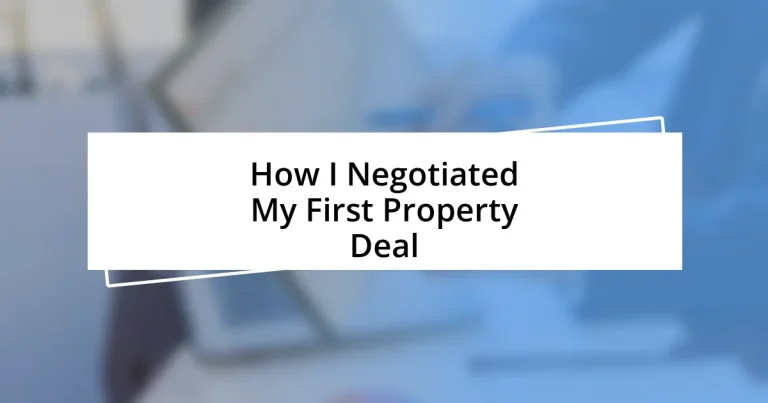Key takeaways not available due to an error.

Understanding the property market
When I first dipped my toes into the property market, I quickly realized that it’s not just about bricks and mortar; it’s about understanding trends and emotions tied to buying and selling. I vividly recall attending an open house where the host was practically glowing with pride over the property. In that moment, I thought, “What makes this home so special?” That’s when it hit me; the personal stories behind each property are just as important as the numbers.
As I began researching, I learned that market dynamics can shift dramatically based on external factors like interest rates and local demand. I remember studying a neighborhood that was once considered less desirable but was revitalizing, making it a hotspot for new buyers. This taught me that being ahead of the curve matters. So, have you ever thought about what influences your choice of a home? It’s not merely the features; it’s the story we conjure in our minds.
Additionally, understanding the property market involves connecting with its heartbeat, which I found to be the community itself. I recall having coffee with a local realtor who shared insights about the neighborhood’s history and future developments. This conversation sparked my curiosity about how community dynamics truly affect property values. Isn’t it fascinating to think that your dream home might also be a hidden gem, valued not just for its price, but for the life it holds?

Preparing for negotiations
Preparing for negotiations
Before stepping into negotiations, preparation is key. I remember the night before my first negotiation, I spread out all the documents related to the property on my dining table, feeling a mix of excitement and anxiety. I made sure to jot down my goals and the maximum offer I was willing to make. This practice not only clarified my thoughts but also gave me a sense of control over the process. I firmly believe that knowing your numbers can provide a solid foundation for negotiations.
Another crucial preparation step I took was exploring the seller’s motivations. During one of my property visits, I chatted casually with the seller about why they were moving. I sensed their urgency to sell due to a job transfer, which offered me an invaluable advantage during the negotiation. By identifying the seller’s emotional drivers, I could tailor my approach. Did you ever think about how a simple conversation can unveil such key insights? Connecting on a personal level can make a massive difference.
Lastly, creating a negotiation strategy can significantly enhance your chances of success. I crafted a game plan that considered various scenarios, including potential objections from the seller. I visualized how I would respond to their counteroffers and prepared emotionally for various outcomes. Being ready for these twists and turns can ease the pressure during negotiations. How comfortable do you feel when faced with unexpected questions? With adequate preparation, I found myself more composed and confident in steering the conversation toward my advantage.
| Preparation Step | Personal Experience |
|---|---|
| Financial Assessment | Documented my goals and maximum offer for clarity. |
| Seller Insights | Discovered their urgency through a casual conversation. |
| Strategic Planning | Prepared responses for potential objections during negotiations. |

Setting clear negotiation goals
Setting clear negotiation goals
I learned early on that having specific negotiation goals is essential. I distinctly remember sitting in a quiet café, drafting my list of priorities before the negotiations began. I wanted to clearly define what I needed in the deal and what I was willing to compromise on. This exercise was like drawing a map for a journey; without it, I felt lost.
Here’s what I focused on when setting my goals:
- Essential Features: I noted the must-haves in the property, such as the number of bedrooms and outdoor space.
- Budget Limit: I established a maximum offer I was willing to make, ensuring I could walk away if it exceeded my financial comfort zone.
- Timing: I aimed to finalize the deal by the end of the month, which was important for both my planning and the seller’s timeline.
- Emotional Factors: Understanding how much the property meant to me kept me grounded during discussions, reminding me not to get too caught up in the heat of the moment.
Setting clear goals made me feel confident and focused. Each time I reviewed my list, it reminded me of my priorities and kept me from straying too far into emotional territory during negotiations.

Building rapport with sellers
Establishing a connection with the seller proved crucial in my negotiation process. I recall my first meeting with a seller; I made a point to ask about their experience with the property. Listening to their stories about family gatherings there created a bond. It’s amazing how sharing a few laughs or exchanging personal anecdotes can turn a simple transaction into a more personal interaction. Have you ever noticed how much easier it is to negotiate when you feel a sense of understanding with someone?
I found that small gestures can build rapport effortlessly. On one occasion, I brought a homemade batch of cookies to a property showing. It might sound trivial, but it sparked conversations about favorite recipes and the cozy feel of the home. Suddenly, we weren’t just buyer and seller; we were two people enjoying a moment together. Isn’t it interesting how little things can make such a big difference? These simple gestures can create an atmosphere of trust, which is invaluable in negotiations.
Throughout the process, I always aimed to be genuine and transparent. When discussing my budget limitations, I expressed my reasons honestly, sharing how I had saved up and prioritized this purchase. This openness seemed to resonate with the seller, making them more receptive to my offer. I often wonder, how often are we afraid to be honest in negotiations? From my experience, transparency can turn skepticism into goodwill, enhancing the entire negotiation experience.

Crafting your negotiation strategy
Crafting your negotiation strategy requires a thoughtful approach and a bit of introspection. I remember crafting a checklist of tactics I wanted to employ before approaching the negotiations. One method that truly resonated with me was the power of silence. In my experience, when I paused after making an offer, it created an uncomfortable but productive space. You’d be amazed at how many sellers fill that silence with additional concessions or insights. Have you ever tried this? It’s like letting the other person do the heavy lifting sometimes.
I also realized that preparation is more than just understanding your goals; it’s about anticipating the seller’s needs too. During my first property deal, I took time to research the seller’s situation—why they were moving, their timeline, and even their emotional ties to the home. Surprisingly, this knowledge became a game-changer. It allowed me to frame my offers in a way that appealed directly to their circumstances. It’s like playing chess, thinking a few steps ahead; what might they need that I could fulfill?
Finally, I found that flexibility in my strategy worked wonders. When one negotiation didn’t go as planned, I adjusted my tactics on the fly—offering different terms or even reconsidering my timelines. There was a moment when I proposed a longer closing period, which eased their immediate stress. Personally, adapting like this felt empowering; it was as if I was steering the negotiation in real time. Have you ever adapted your approach under pressure? It’s a skill that can really pay off.

Closing the deal effectively
Closing the deal effectively is all about timing and confidence. I recall standing at the closing table, feeling the weight of the moment. As I finalized the terms, I made sure to maintain eye contact and a firm handshake, projecting assurance. It’s fascinating how body language can convey commitment—a small gesture that sends a powerful message, don’t you think?
One tactic that truly worked for me was summarizing the key points of our agreement before signing. I remember saying, “So, we’ve agreed on the price, the closing date will be the 15th, and you’ll leave the appliances, correct?” This recap not only clarified our understanding but also reinforced mutual agreement. I always felt that closing with a concise summary left little room for misunderstanding and built a sense of teamwork, which is pivotal during such high-stakes moments.
Additionally, I learned that following up after the deal was crucial, too. After the papers were signed, I reached out with a thank-you note, expressing my appreciation for the seller’s trust and collaboration. I often think about the relationships we’ve built through these transactions—it’s not just about property, but the connections and respect we cultivate along the way. Have you ever thought about how a simple gesture like a thank-you can foster a positive reputation down the line?

Learning from the experience
Learning from my first property deal taught me invaluable lessons that went beyond the transaction itself. One striking moment that stands out is when I faced my first objection from the seller. Instead of shutting down, I asked them what their primary concern was. Hearing their perspective not only brought clarity but also helped us find a common ground. Can you recall a time when listening led you to a better solution? It’s remarkable how opening the door to dialogue can transform the negotiation dynamic.
Reflecting on the entire process, I realized that emerging from the experience meant embracing vulnerability. I remember feeling overwhelmed at times, especially when numbers didn’t seem to line up. Yet, it was in those moments of uncertainty that I learned to trust my instincts. I started to view setbacks as stepping stones rather than failures. How often do we allow ourselves the grace to learn from discomfort? This mindset shift made a big difference in my approach to future deals.
Another important takeaway was the value of patience in negotiations. In one instance, I rushed to make a counteroffer after receiving an initial rejection, only to discover later that the seller needed more time to consider their options. Waiting patiently proved beneficial; after a few days, they came back ready to negotiate again with a more realistic perspective. Have you ever noticed how sometimes, stepping back can lead to a stronger position? Allowing space in negotiation can create opportunities you hadn’t anticipated.














